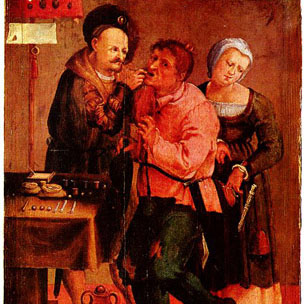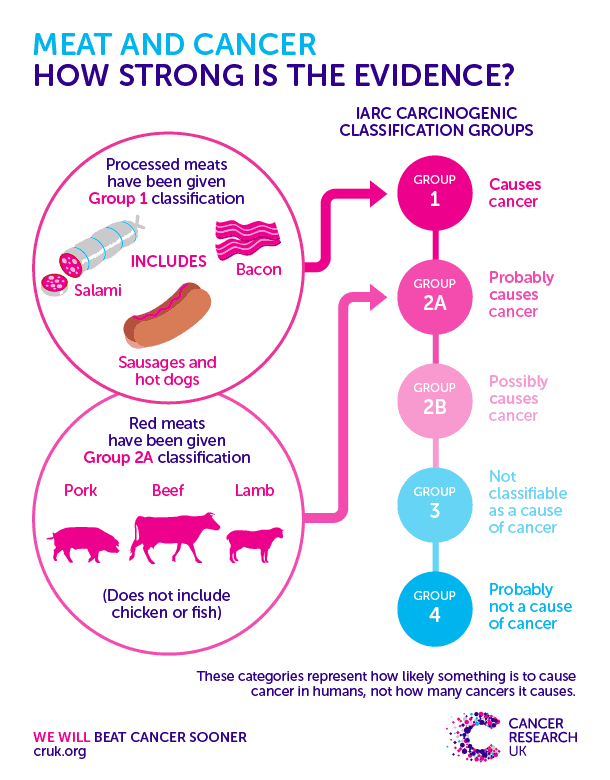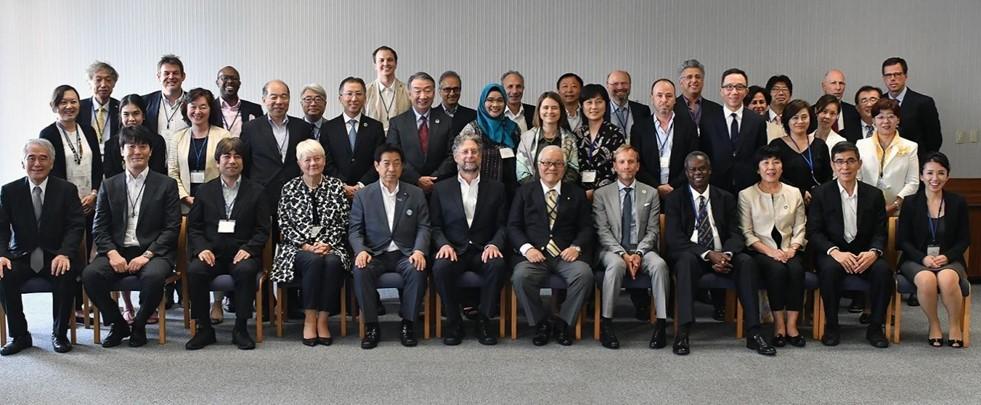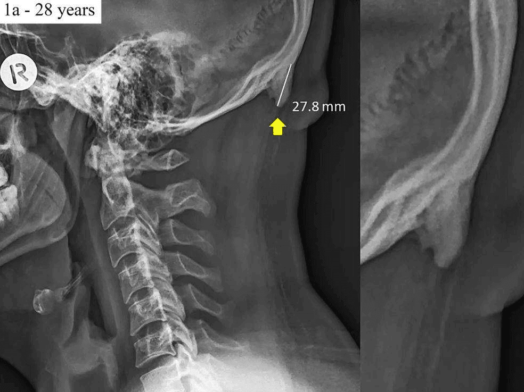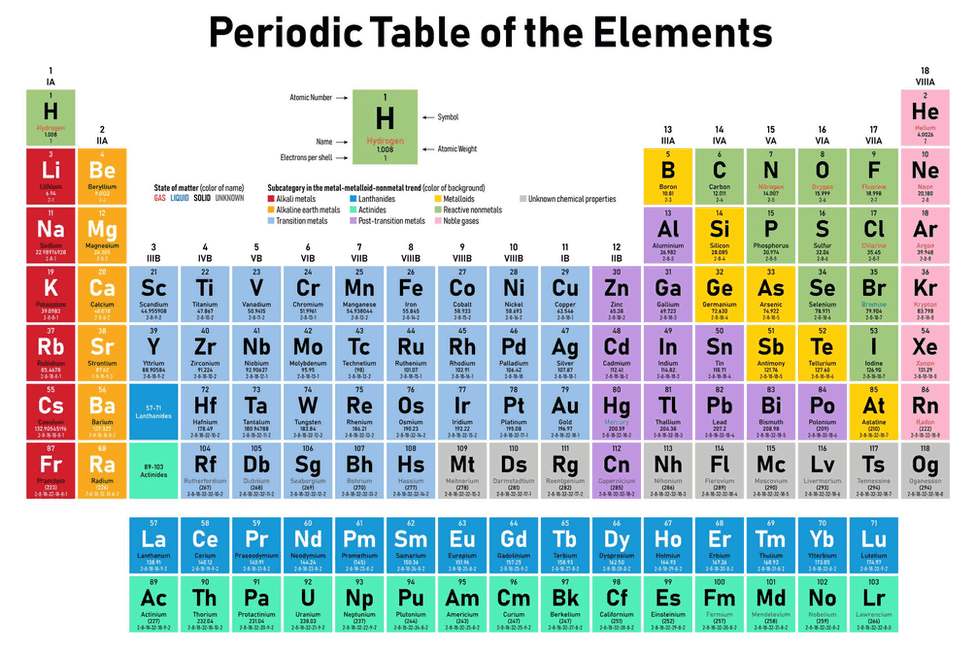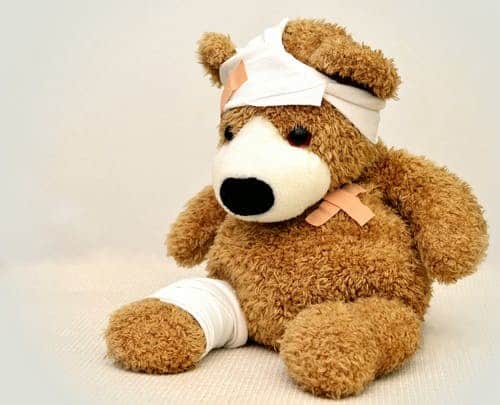What would life would be like if nobody had ever studied chemistry? It’s easy to grumble about the homework, but it’s impossible to overestimate chemistry’s importance in our daily lives.
What Would Your Home Be Like?
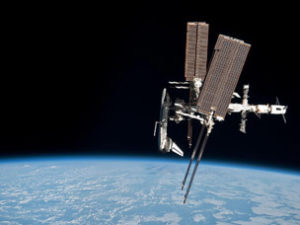
The International Space Station with ATV-2 and Endeavour (Image ESA and NASA)
Look around your home and count the number of things that have come out of chemistry breakthroughs and inventions. Without chemistry we wouldn’t have light bulbs, mobile phones, Facebook or Twitter. Much of the food we eat and clothes we wear involve chemists and chemistry too.
If we had never studied chemistry we wouldn’t have liquid oxygen. This was developed in the 1800s and is now probably best-known for its role as rocket fuel. Without rockets the space race wouldn’t have happened, or all the everyday things that we got from programmes related to it – from satellite TV to the internet.
We Wouldn’t Have Modern Medicine
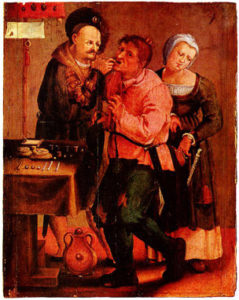
Without chemistry, disease and illness would be running riot. In the 17th century, when modern chemistry began to take off, the average life expectancy was just 35. Chemical advancements changed all that, providing the basis for medicine to tackle many medieval afflictions such as bubonic plague, and vaccinations to fight measles, small pox, mumps, polio and tetanus.
Without chemistry, penicillin would never have existed, and minor cuts and grazes and low-grade viruses would often progress to serious illness and fatal septicaemia (blood poisoning). We wouldn’t have today’s local and general anaesthetics either. Imagine the pain of surgery or dental work without them!
And where would we be without salicylic acid? That’s the chemical name for aspirin, the cheap wonder-drug which has given us relief from headaches and fever as well as helping to prevent strokes and heart attacks.
Chemistry and Food
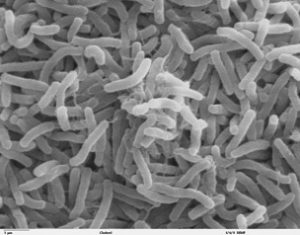
In the world before modern chemistry, humans had very limited means of preserving food. Clean drinking water would be hard to come by and deadly waterborne diseases such as cholera, dysentery and typhoid were commonplace.
Chemistry has helped us to understand the composition of food – what’s good or bad for us, how to prolong the shelf-life of many common foodstuffs, and how to nourish our bodies to protect ourselves from ailments such as rickets, osteoporosis and scurvy.
It has enabled us to make up for the nutrients we miss out on with important vitamins and minerals in capsule form and fortified breakfast cereals.
A Central Role
Chemistry has been called “the central science” because of its role and influence on all of the sciences. It involves the study of the basic units of matter, and without that knowledge other sciences, such as physics and biology, would not have been particularly successful.
Chemistry plays a role in every aspect of our lives. It has allowed other sciences to blossom and has expanded our collective knowledge. We understand how the tiniest components of the human body work and can predict the composition of planets millions of miles away.
From space travel to milk, chemistry has played a massive part in improving our lives. A world without chemistry would be one big headache – without the salicylic acid!

